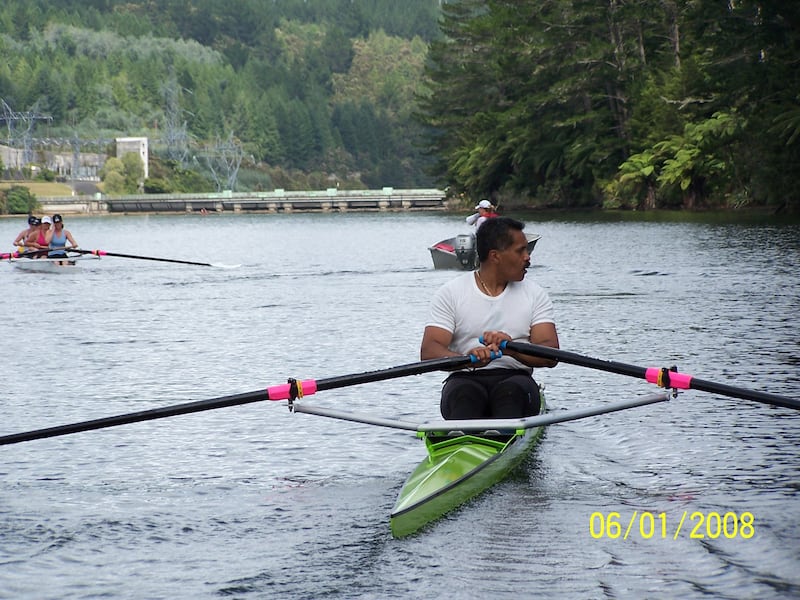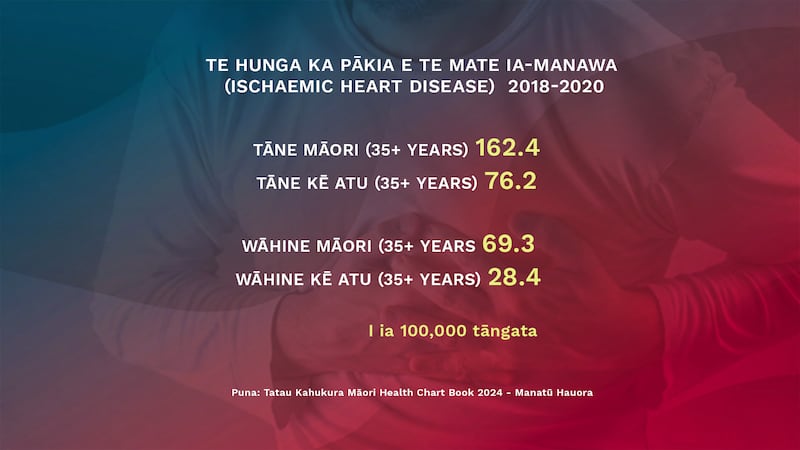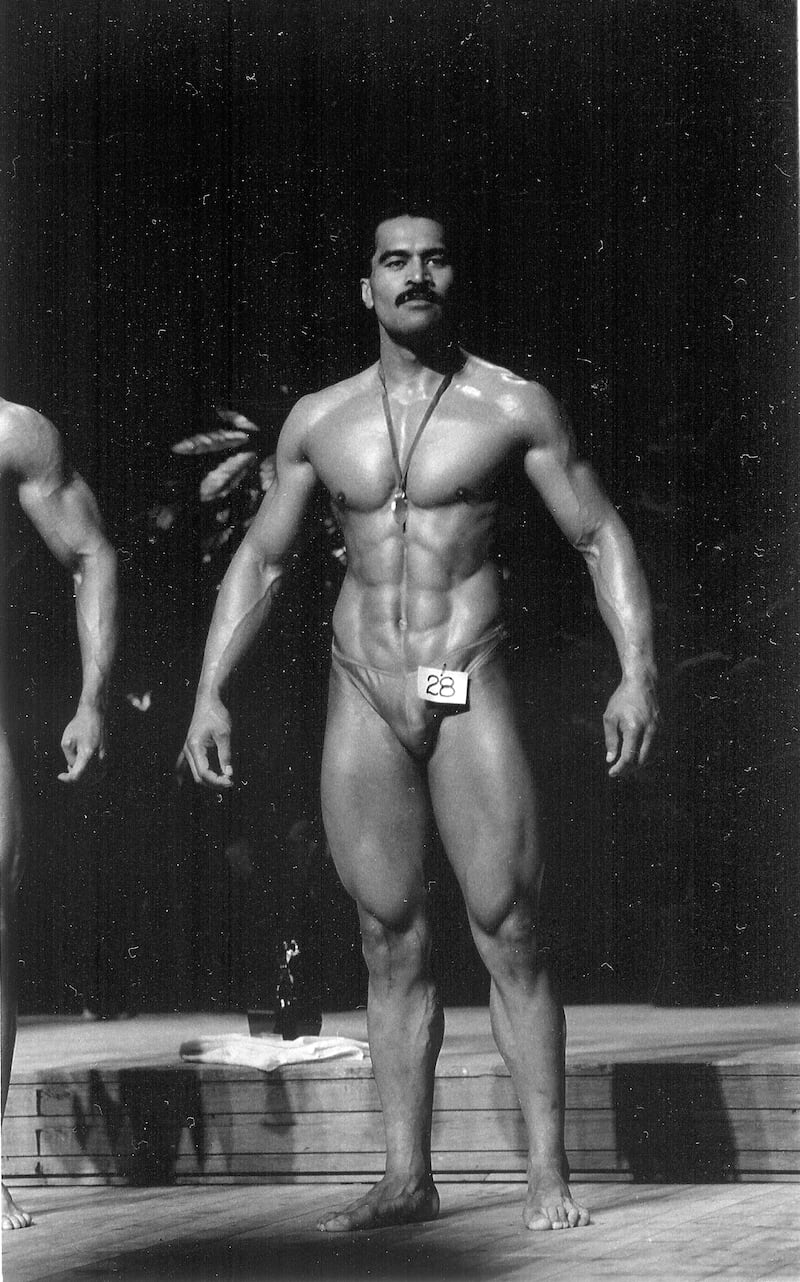Monty Wawatai, a 63 year-old physiotherapist and accomplished athlete from Ngāti Porou, is arguably one of the fittest people his age. But last October, during a routine 100km bike ride, Wawatai suffered a massive heart attack - something he initially didn’t recognise.
“I noticed that I had developed pain between my shoulder blades,” Wawatai recalls.
“But when it didn’t improve the next morning, I went to the hospital. They did some tests and told me - you’ve had a massive heart attack.”
Wawatai has an extensive sporting background, having played professional softball in Aotearoa and the USA, and representing in rugby, tennis and squash. After rugby, he took up motorbike racing, ballroom dancing, bodybuilding, rowing and more recently, cycling.
Despite his active lifestyle, Wawatai says the cause was mostly genetic.
“It came down to genetics - something passed down from my parents, especially my mother, who had a [long] history of cardiac issues.”
Dr. Jocelyne Benatar, Senior Medical Officer at the Cardiovascular Directorate, explains that genetics plays a powerful role in heart disease risk.
“The genes inherited from both parents can increase your risk by about 300%,” she says.

E pākia tonutia nei te Māori e te mate ia-tuku manawa
Hei tā ngā tatauranga a te Manatū Hauora, ka rearua tā te Māori tūpono i te mate ia-tuku manawa i tērā o te tangata Pākehā.
Heoi, hei tā Dr. Benatar, ahakoa te tokomaha o Ngāi Māori ka pāngia e te mate ia-tuku manawa, ehara i te mea ka pērā rawa te nui o ngā manawa-hē.
“[Māori] tend to present later with heart failure [rather than heart attacks]. But it’s generally the traditional respecters that are higher in Māori,” te kī a Dr. Benatar.
“Poverty, poor access to healthy food, higher smoking and vaping rates [and] type 2 diabetes.”
E ai ki tētahi o ngā nēhi mate manawa, i a Wendy Marshall, he rerekē te pākia ki ia tangata.
“Heart attacks can present very differently - some people have central crushing chest pain, others feel pain in their arm or jaw. [Especially] for us women it’s even harder - [so] if in doubt, get checked out.”

Rebuilding mind and body
Since his heart attack and surgery, Wawatai has been part of Auckland DHB’s cardiac rehabilitation program.
He is one of around 850 new patients treated for cardiac conditions annually at Auckland City Hospital. Each patient can join a tailored cardiac rehabilitation program that includes specialised diet and exercise plans post-treatment or surgery.
Rangahau involving over 3,300 patients, shows these programs are highly effective in improving outcomes.
“It was great having someone in my ear saying Slow down, keep it under control,” he says.
“It gave me the confidence to rebuild my training safely without putting too much stress on my heart.”
Marshall stresses the importance of quitting smoking and vaping, which can triple heart disease risk.
“Stopping these habits is the number one solution.”

Kia whāia tonutia ko te iti kahurangi
Wawatai also reflects on the broader patterns he’s seen in his whānau.
“My father, uncles, and grandfather measured themselves by their ability to work and provide. [They] just worked hard - So by the time they got to 60, [they] retired and they were dead within 18 months,” he adds.
“It’s not just a Māori issue - it’s a challenge many men face in redefining what strength means beyond physical work.”
Today, Wawatai approaches life with newfound clarity.
“I realise time is short and I want to pursue things I’ve always wanted to do.”
He is now studying three degrees simultaneously - a Bachelor of Arts, a Bachelor of History, and Te Reo Māori studies.


